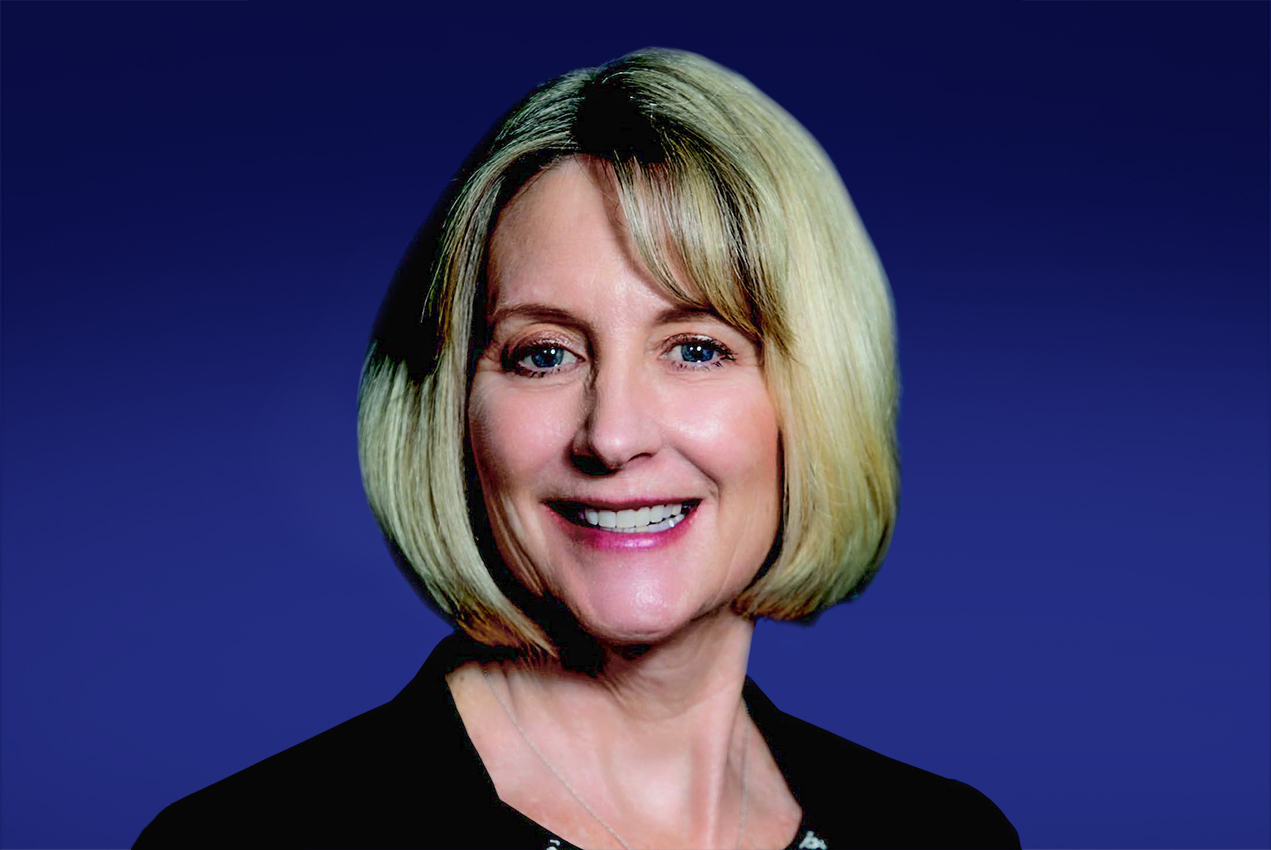Luanne Thorndyke, MD, has been appointed to the role of executive vice dean of the Keck School of Medicine of USC, effective July 1.
In this newly created post, Thorndyke will represent the Dean’s Office across a broad spectrum of departmental initiatives. She will interact regularly with department chairs and institute heads to accelerate new programs and present feedback from the leadership to the Dean, harmonizing and facilitating school activities in accordance with the Keck School’s strategic vision.
An accomplished academic leader, faculty development innovator, respected educator and experienced physician, Thorndyke currently serves as vice provost for Faculty Affairs at the University of Massachusetts Medical School in Worcester. She leads the Office of Faculty Affairs and oversees “all things faculty” — including academic affairs (appointment, promotion and tenure; governance and policies), faculty/leadership development and gender and equity issues.
Thorndyke joined the University of Massachusetts Medical School in 2010 as vice provost. In that role, she has created programs to foster faculty development, academic advancement and leadership development, with a focus on advancement of women and faculty underrepresented in medicine. Under her leadership, the University of Massachusetts was awarded a highly competitive grant for innovative work in faculty career flexibility from the American Council on Education and the Alfred P. Sloan Foundation. The school subsequently convened a successful national conference to accelerate the dissemination of successful strategies for faculty career flexibility.
In academic affairs, Thorndyke led a revision of all major University of Massachusetts campus policy and governance documents; helped establish a regional campus; and revised the promotion and tenure policies to provide pathways to recognize faculty contributing in all the mission areas.
Prior to joining the University of Massachusetts, Thorndyke held leadership roles at the Penn State Hershey College of Medicine. Initially as the assistant dean of Continuing Medical Education, she was responsible for post-graduate educational programming for physicians, nurses, and allied health personnel. Under her leadership, the CME department provided more than 220 physician education programs annually for over 22,000 registrants. She established the Consortium of Academic Continuing Medical Education, a collaboration of all six Pennsylvania medical schools, which was the only collaboration of its kind in the country, and was awarded a prestigious six-year accreditation with commendation from the ACCME. Thorndyke was later promoted to associate dean of Professional Development, with expanded responsibilities to recruit, sustain and retain faculty. She established the Junior Faculty Development Program, which has become a nationally recognized model for faculty development and mentoring.
Born and raised in Nebraska, Thorndyke charted an interdepartmental premedical program at Duke University, concentrating in religion, ethics and public policy. She attended medical school at the University of Nebraska College of Medicine, then completed her internal medicine residency at the University of Pennsylvania-affiliated program at Pennsylvania Hospital in Philadelphia. Following her residency, she established a community-based clinical practice in Philadelphia, which grew to three offices and continues today as part of the Penn Medicine network. Pursuing her interest in public health, Thorndyke also provided primary care to inner-city residents in the Philadelphia Health District clinics, advancing to medical director and holding that position for several years.
When Thorndyke joined the Penn State College of Medicine as assistant professor of medicine, she was recruited to become the medical director of a satellite academic faculty practice, the Hershey Internal Medicine Associates. During her tenure as medical director, the practice grew from a three-physician outpost to a multi-disciplinary, ten-physician faculty practice with residents, students and other providers that eventually moved on campus to become the primary general internal medicine faculty practice site. A board-certified internist and geriatrician, Thorndyke served as co-director of the Midlife & Menopause Consultation Clinic of the Penn State Women’s Health Center. She organized multiple successful women’s health and women’s leadership conferences for 15 years and led The Penn State Rural Women’s Health Initiative, a multi-college effort of Penn State University to enhance the health of Pennsylvania’s rural women.
Thorndyke also is a national leader in faculty and academic affairs. She was elected chair of the AAMC Group on Faculty Affairs and has received multiple local, regional and national awards for her work in faculty affairs/faculty development, leadership and mentoring. Scholarly interests include faculty/leadership development, gender equity, mentoring, faculty engagement, resilience and vitality. She has published and presented nationally and internationally on these topics and is a highly sought-after speaker.
“Thorndyke brings considerable skills to the Keck School with her well-established leadership experience in academic biomedical health sciences including medical school and clinical administration,” Laura Mosqueda, MD, dean of the Keck School, said in a statement. “Her expertise in policy and programmatic development, strategic planning, professional advancement, faculty engagement, and advancing organizational strategic goals will be critical for the growth of the Keck School during the upcoming years.”


